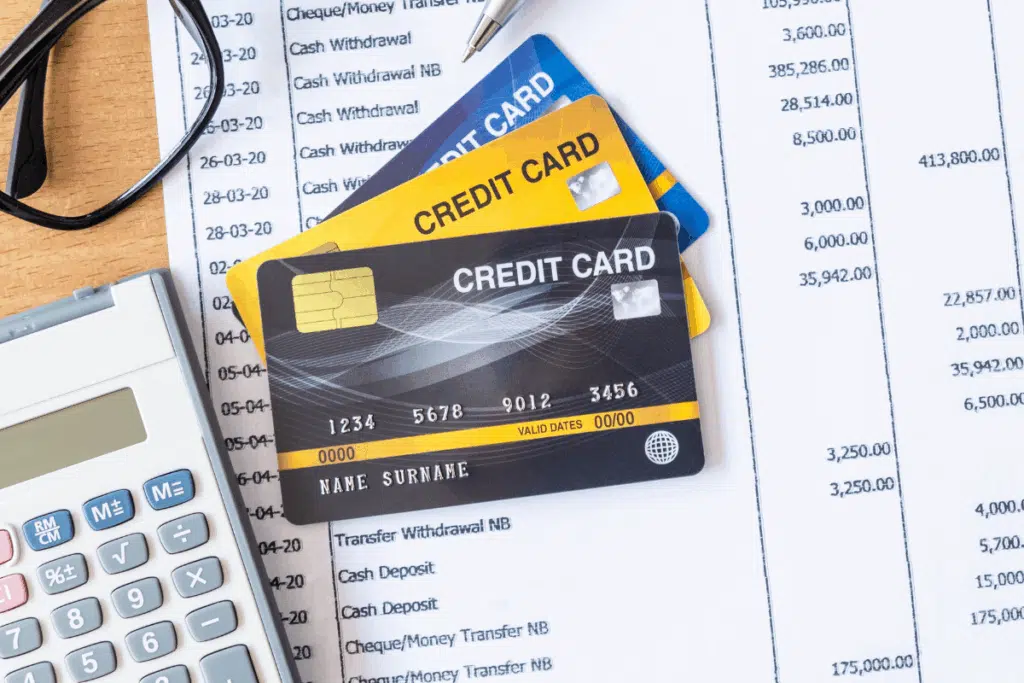7 Credit Card Mistakes That Are Quietly Costing You Money
Credit cards can be powerful tools for building credit and earning rewards—but only if you use them wisely. Many people fall into easy-to-avoid traps that can hurt their credit score or cost them money over time. Here are the most common mistakes to steer clear of.
Paying Only the Minimum Balance

It might be tempting to pay just the minimum due, but that habit keeps your balance high and racks up interest. Try to pay off your statement balance in full each month to avoid expensive finance charges.
Missing a Payment

Even one late payment can ding your credit score and lead to costly late fees. Set up automatic payments or reminders to make sure you never miss a due date.
Carrying a High Balance

Using too much of your available credit can lower your credit score. Aim to keep your credit utilization below 30%—ideally closer to 10%—to show lenders you can manage debt responsibly.
Applying for Too Many Cards at Once

Each credit card application results in a hard inquiry, which can temporarily drop your credit score. Space out applications and only open new cards when you really need them.
Ignoring Fees and Interest Rates

Annual fees, balance transfer fees, and high APRs can eat into your rewards or savings. Always read the fine print before applying for a new card or making a big purchase.
Closing Old Accounts Too Soon

Your credit history length affects your credit score. Closing older cards can shorten your history and reduce your available credit, both of which can hurt your score.
Not Checking Statements Regularly

Review your monthly statements for errors or fraudulent charges. Catching mistakes early can save you time, stress, and money down the road.
This post may contain affiliate links or sponsored content. Disclosure Policy







